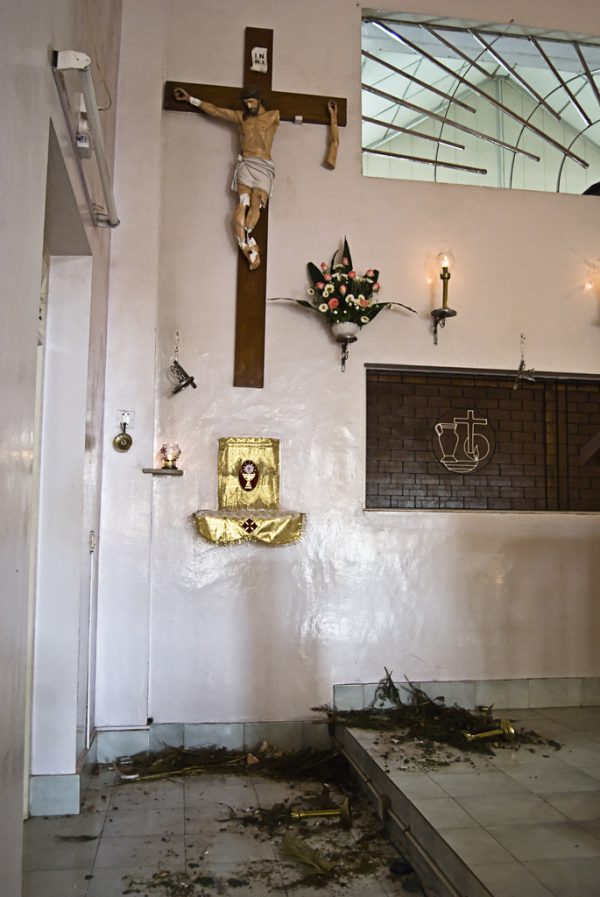
On July 25, two Catholic nuns, Vandana Francis and Preethy Mary, along with a tribal man, Sukaman Mandavi, were arrested at Durg railway station in the central Indian state of Chhattisgarh on charges of forced religious conversion and human trafficking.
Police had acted on a complaint filed by the Bajrang Dal, a Hindutva outfit, that three tribal women who were accompanying the nuns — they were traveling to Agra to work as nurses in a hospital there — were being forced to convert to Christianity, although two of the three asserted that they had been Christians since childhood.
Ruled by the Hindu nationalist Bharatiya Janata Party (BJP), Chhattisgarh has a stringent anti-religious conversions law. With the controversy fueling protests by opposition parties, Christian groups, and rights activists, the nuns were eventually released on bail on August 2.
Four days later, a mob of Bajrang Dal activists attacked five Catholic priests and nuns in the neighboring state of Odisha, for allegedly carrying out religious conversions. They were, in fact, holding a memorial service. The Catholic Bishops’ Conference of India condemned the attack. This was not an isolated case, but “part of a disturbing pattern of violence against Christian minorities in the country,” it said.
Attacks on religious minorities, especially Muslims and Christians, who respectively comprise 14.2 percent and 2.3 percent of India’s multireligious population, have grown, especially since 2014 when the BJP came to power nationally. According to data from the United Christian Forum (UCF), there were 834 attacks on Christians in 2024, up from 151 in 2014, 505 in 2021, and 734 in 2023.
According to the Religious Liberty Commission of the Evangelical Fellowship of India (EFIRLC), there were 334 documented incidents of systematic targeting of Christians across India between January and July 2025. Uttar Pradesh and Chhattisgarh account for 54 percent of these incidents.
This story was originally published in thediplomat.com. Read the full story here.

